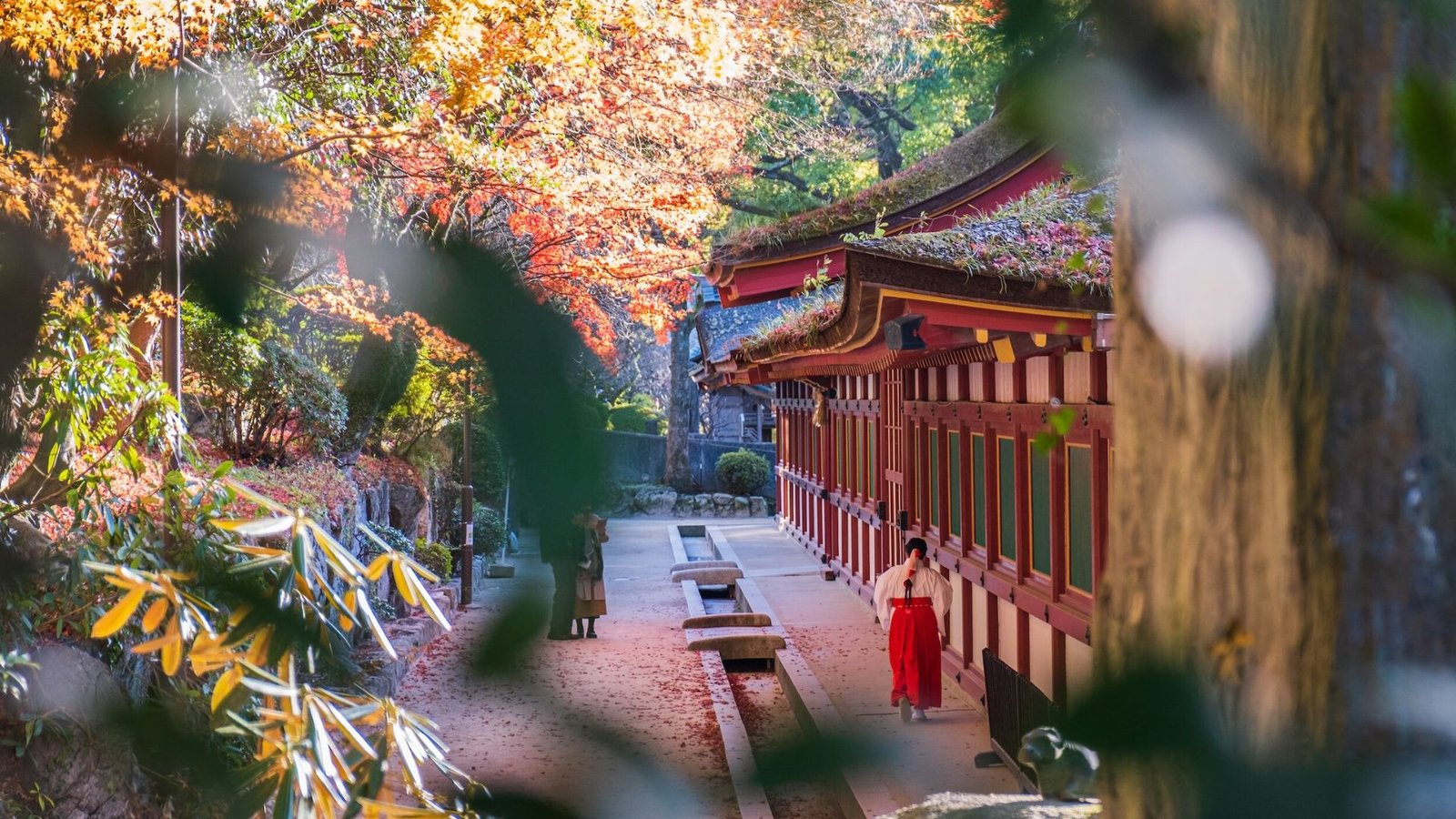How Japanese Culture Balances Tradition and Modernity
Japanese culture is renowned for its remarkable ability to balance the old and the new, seamlessly integrating traditional practices with modern influences. This dynamic interplay between tradition and modernity creates a unique cultural landscape that honors its rich heritage while embracing contemporary advancements. Here’s a closer look at how Japanese culture maintains this delicate balance.

Historical Foundations
Japan’s history has been shaped by various cultural influences, from ancient Shinto rituals and Buddhist traditions to Western innovations introduced during the Meiji Restoration. Despite these external influences, Japan has retained its core cultural values and practices. This historical continuity provides a foundation upon which modernity is built, allowing for a harmonious blend of old and new.
Preserving Traditional Practices
**1. Festivals and Ceremonies Traditional festivals, or “matsuri,” play a crucial role in Japanese culture. Celebrations like “Hanami” (cherry blossom viewing) and “Tanabata” (star festival) reflect the enduring importance of customs rooted in history. These festivals are celebrated with a deep respect for tradition, even as they evolve to incorporate modern elements.
**2. Arts and Crafts Traditional arts, such as “ikebana” (flower arranging), “tea ceremony,” and “origami,” continue to thrive in Japan. While these practices honor age-old techniques and aesthetics, they are often embraced by younger generations who incorporate contemporary interpretations and styles.
**3. Cuisine Japanese cuisine, with its emphasis on seasonal ingredients and meticulous preparation, remains a cornerstone of cultural identity. Classic dishes like sushi and tempura are prepared using traditional methods, but modern influences have introduced new flavors and techniques, leading to innovative culinary experiences.
Embracing Modernity
**1. Technology and Innovation Japan is at the forefront of technological advancement, with innovations in robotics, electronics, and automotive industries. Cities like Tokyo and Osaka showcase futuristic architecture and cutting-edge technology, reflecting Japan’s commitment to progress while preserving its cultural heritage.
**2. Fashion and Design Japanese fashion effortlessly combines traditional elements with contemporary trends. For example, “kimono” styles are often reinterpreted in modern clothing lines, and traditional patterns are incorporated into contemporary designs. This fusion allows for the preservation of cultural symbols within a modern context.
**3. Pop Culture Japan’s pop culture, including anime and manga, blends traditional storytelling with modern visual techniques. This fusion appeals to a global audience while retaining elements of Japanese folklore and history. Additionally, the global influence of Japanese pop culture helps spread traditional values and practices to new audiences.
Social and Cultural Integration
**1. Education and Preservation Japanese education systems incorporate cultural heritage into their curricula, ensuring that younger generations understand and appreciate traditional practices. Museums, cultural centers, and heritage sites play a vital role in preserving and educating about Japan’s historical legacy.
**2. Urban and Rural Harmony In urban areas, modern lifestyles and infrastructure coexist with traditional practices. For instance, traditional festivals and ceremonies continue to take place amidst the bustling cityscape. In rural areas, traditional agricultural practices and crafts are preserved, often complemented by modern conveniences.
Conclusion
Japanese culture exemplifies a sophisticated balance between tradition and modernity. By honoring its historical roots while embracing contemporary advancements, Japan creates a dynamic cultural landscape that respects the past and embraces the future. This seamless integration of old and new allows for a rich cultural experience that resonates with both locals and visitors, highlighting the enduring relevance of tradition in a rapidly evolving world.



